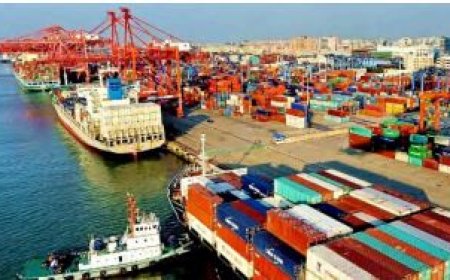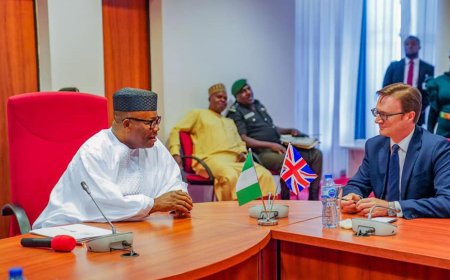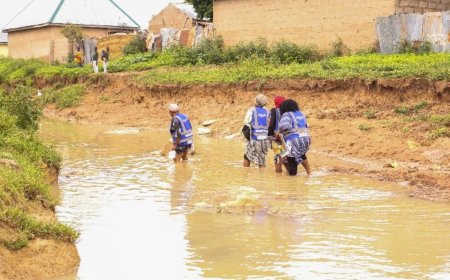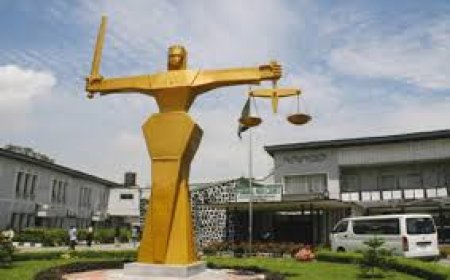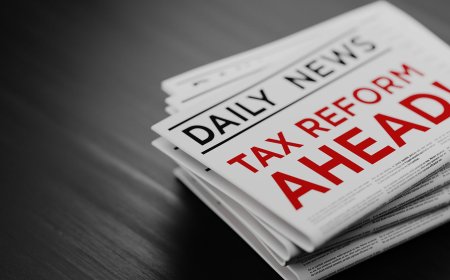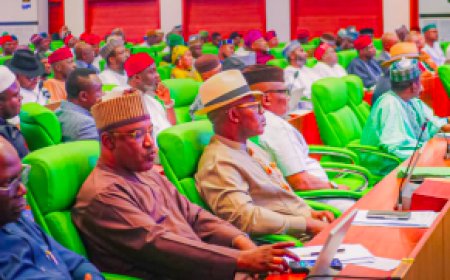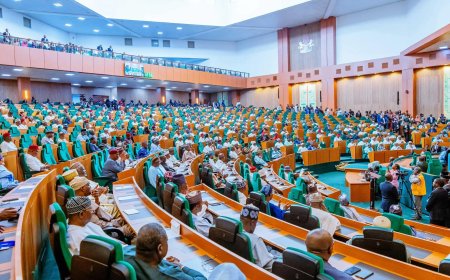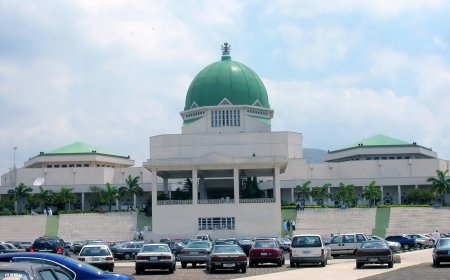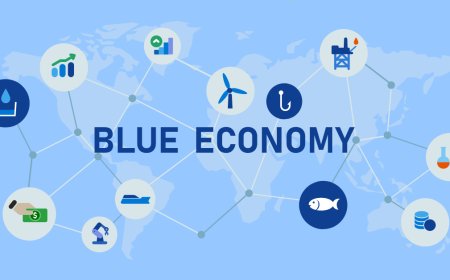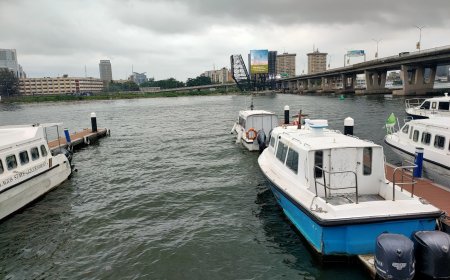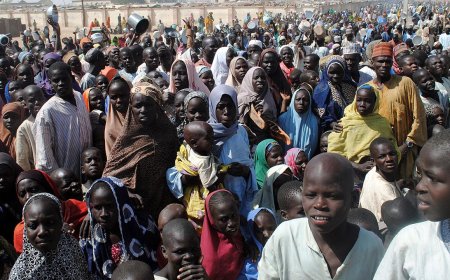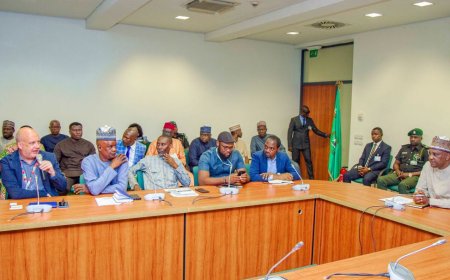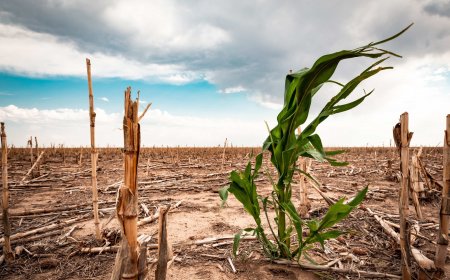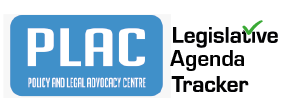THE CLIMATE, ENVIRONMENT AND SUSTAINABILITY
Click here to track progress
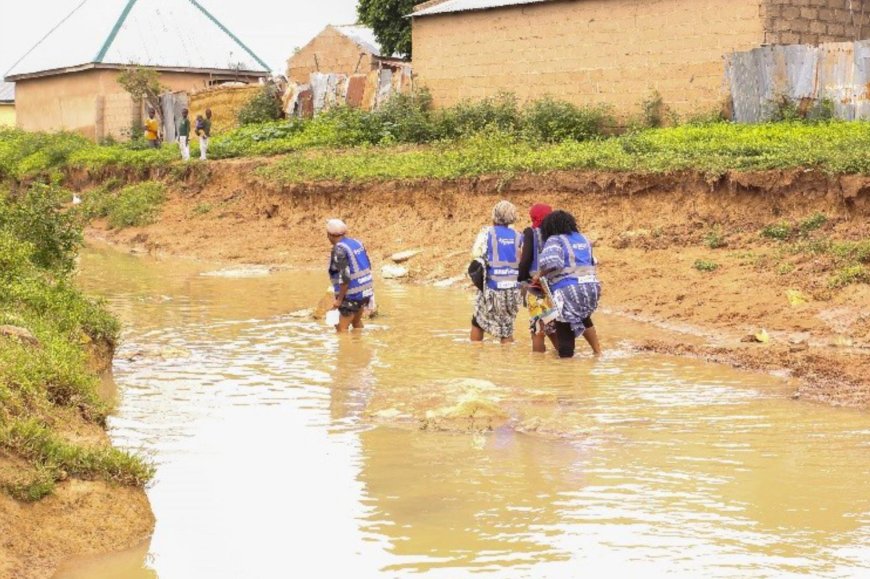
Nigeria faces many environmental and climate change-related challenges, ranging from desertification, deforestation,
flooding, oil pollution, erosion, waste management, loss of biodiversity, dwindling water resources and changing weather patterns that negatively impact agriculture. Together, these factors significantly impact our economy, social structures, and the overall well-being of Nigerians. Outlined below are some of the key legislative priorities of the 10th Senate.
i. Strengthen the National Environmental Standards and Regulations Enforcement Agency (NESREA) to effectively
enforce environmental laws, regulations, and standards and ensure compliance with international agreements, conventions,
and environmental treaties .
ii. Ensure compliance with the Climate Change Act 2021 provisions for achieving low GHG emissions and mainstreaming climate change actions into national plans and programmes.
iii. Ensure strong oversight of NESREA and review and update the National Climate Change Policy and Response Strategy
(NCCPRS), 2012.
iv. Ensure that Nigeria meets its commitment to reducing greenhouse gas emissions unconditionally by 20% and conditionally by 45% by 2030.
v. Legislate measures to accelerate the transition to renewable energy sources and promote clean and sustainable energy production, access and consumption. In this regard, the Senate will consider the National Clean Cooking Strategy to determine progress made and obstacles.
vi. Encourage collaboration with international organisations such as the World Bank in addressing climate-change-related challenges.
vii. Provide more funding for training and equipping the frontline enforcement personnel and educating communities and the public about the effects of climate change.
viii. Review current laws on environmental pollution to strengthen penalties and sanctions for gas flaring.
ix. Legislate on appropriate tax breaks or subsidies for companies that invest in gas capture and utilization projects.
x. Expedite the passage of the Gas Flaring (Prohibition and Punishment) Bill to minimise the environmental and social impact
of gas flaring in oil-producing areas. It proposes strict penalties for companies that engage in gas flaring.
xi. Give legal backing to the National Renewable Energy and Energy Efficiency Policy (NREEEP) adopted in 2015 to increase the use
of renewable energy sources, improve energy efficiency, and reduce greenhouse gas emissions.
xii. Review and engage stakeholders on the National Oceans Policy that focuses on the sustainable management and conservation of Nigeria’s marine and coastal resources .
xiii. Support initiatives by the Executive targeted at promoting sanitation.
xiv. Support the implementation of the National Policy on Solid Waste Management in Nigeria, which promotes using the 3Rs
(Reduce, Reuse, Recycle) approach, encourages public-private partnerships in waste management, and aims to establish waste- to-wealth initiatives.
xv. Promote e-government to achieve a paperless system.
xvi. Utilise legislative frameworks to support efforts to repair and restore terrain damaged by fossil fuel exploration and transport, urban expansion, erosion, commercial logging and environmental degradation.
xvii.Undertake a broad range of legislative activism and public education

